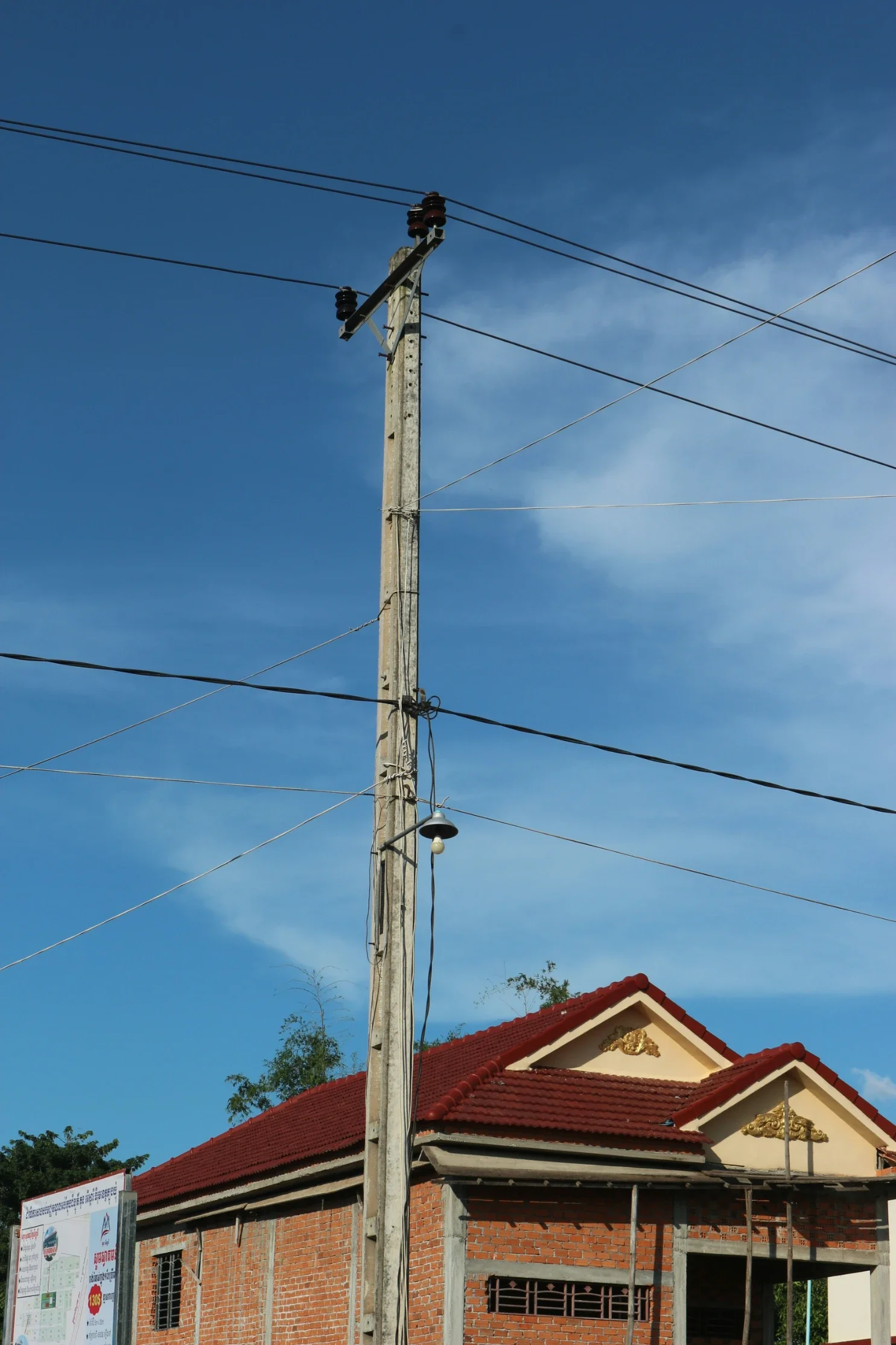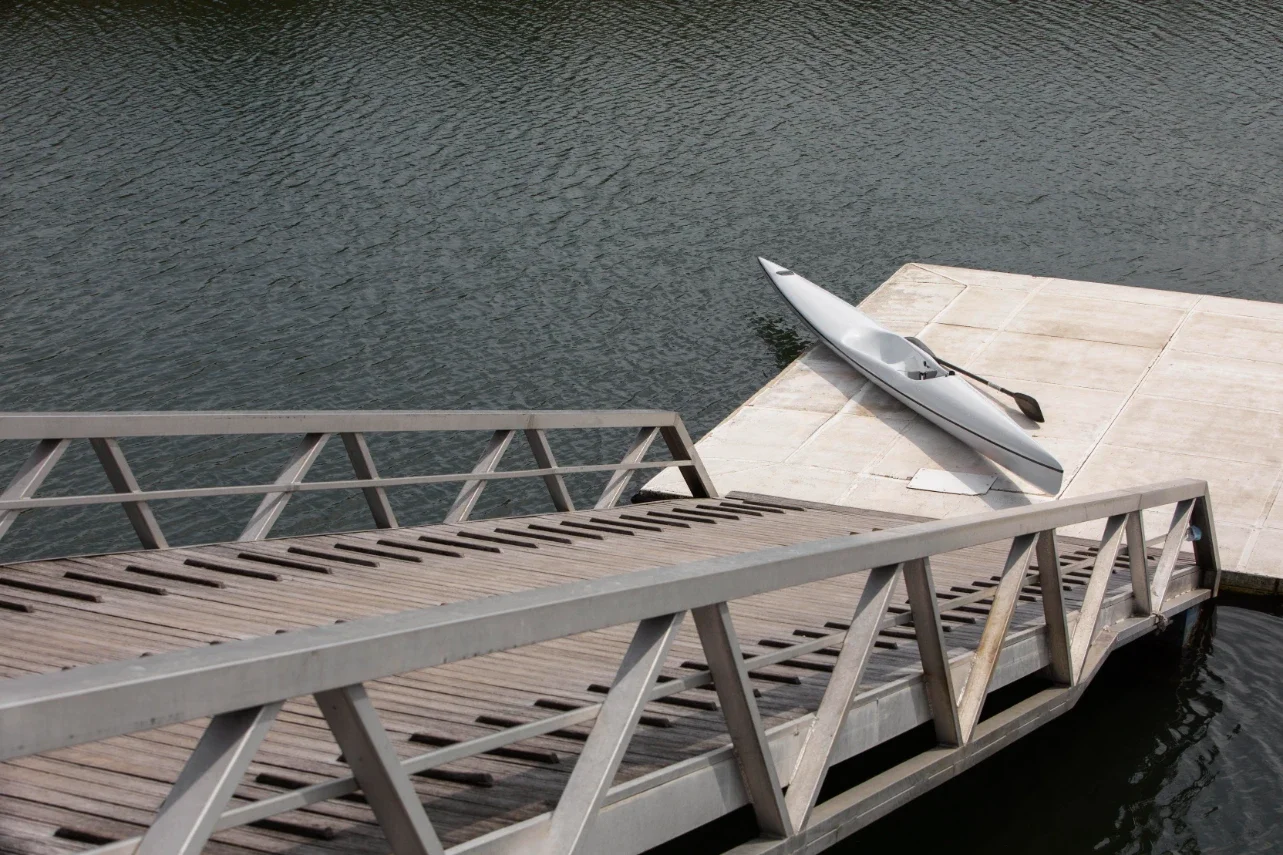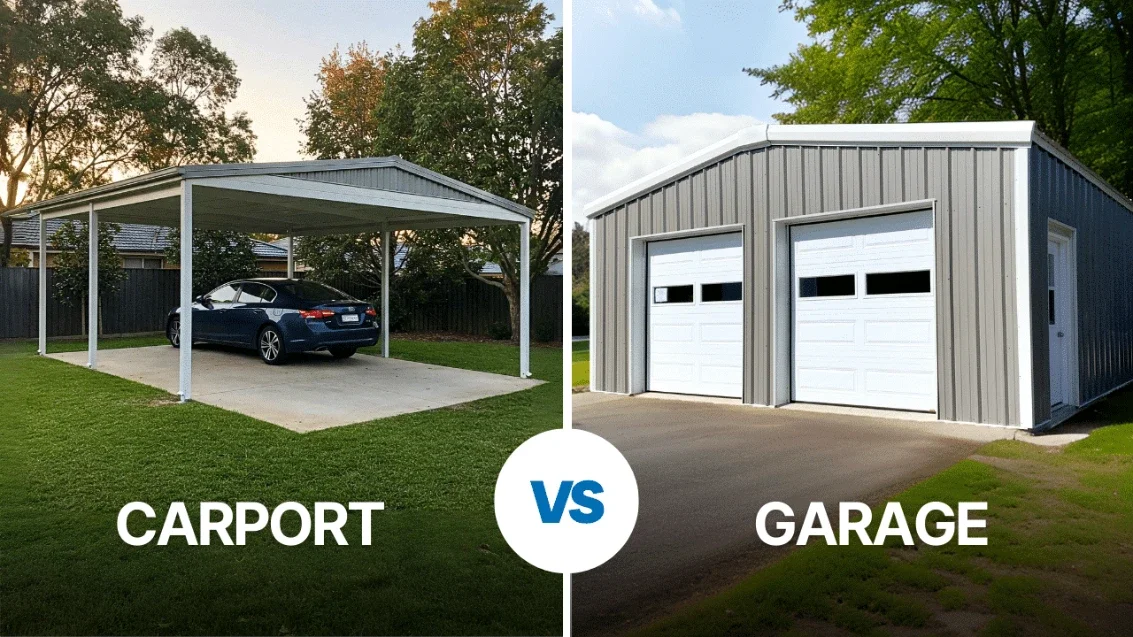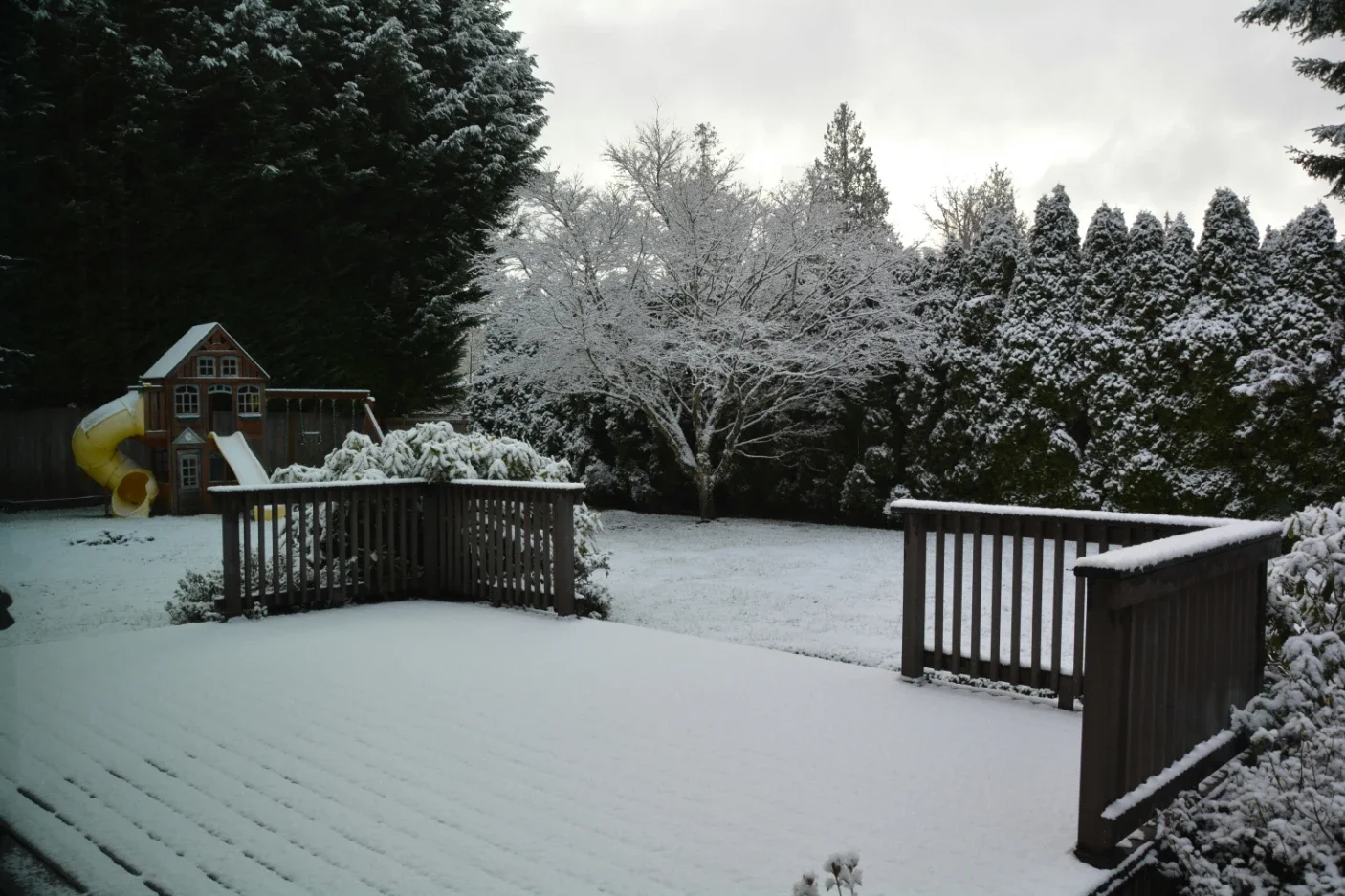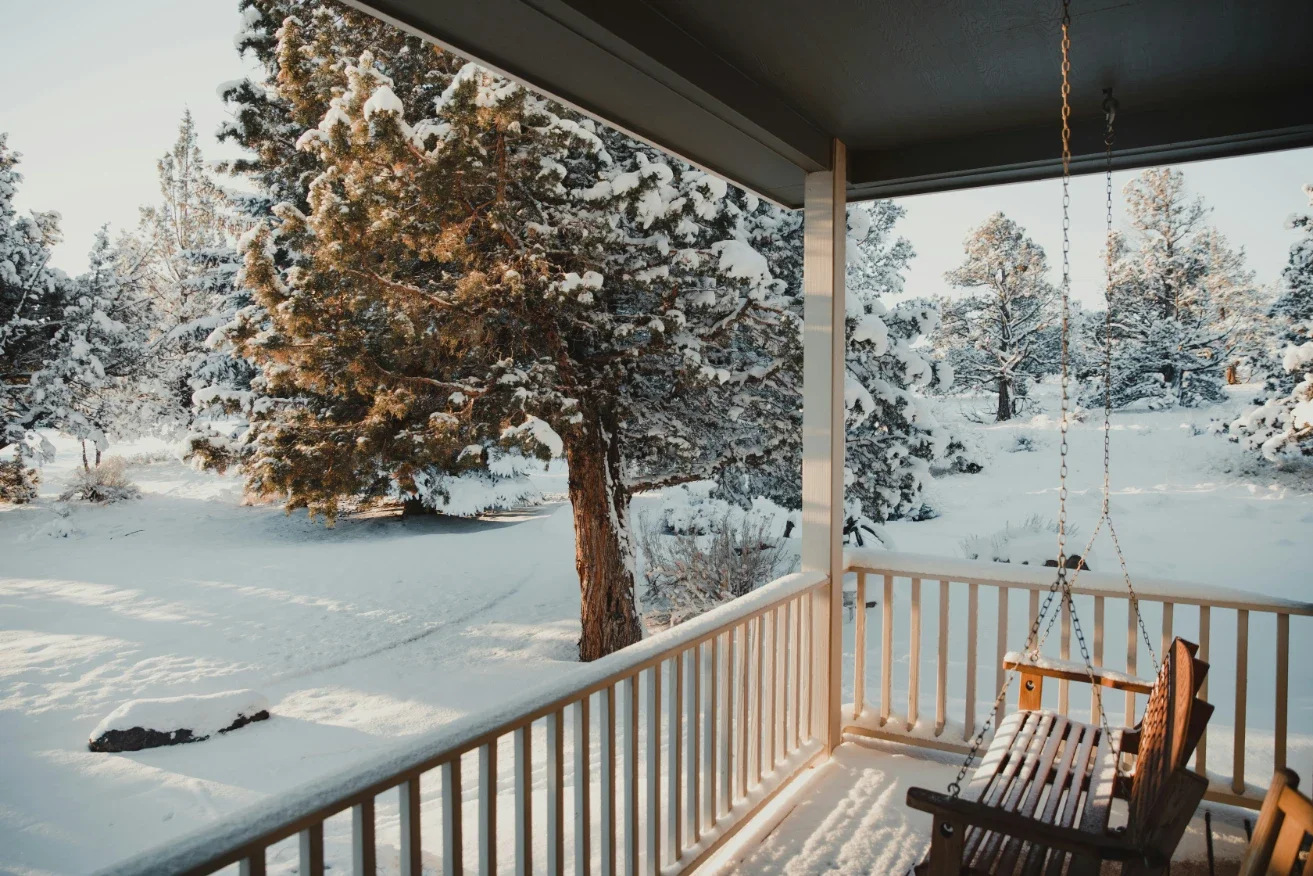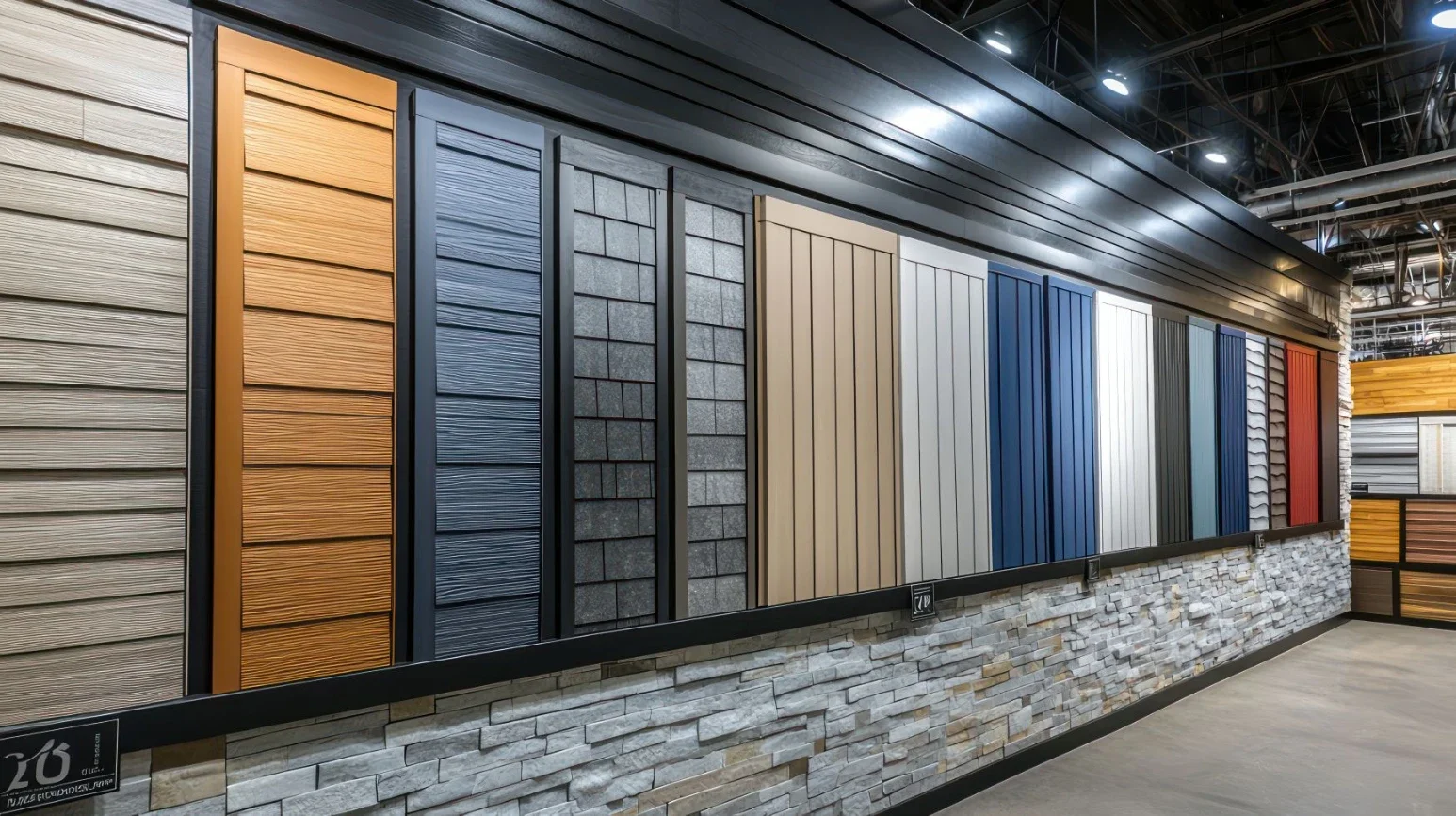Top Benefits of Insulating Your Tent for Cozy and Comfortable Camping
Discover the top benefits of insulating your tent for a cozy and comfortable camping experience. Learn how insulation can enhance warmth, reduce condensation, and improve overall comfort during your outdoor adventures.
Camping in colder climates can be a challenge, but it doesn't have to be uncomfortable. One of the best ways to ensure a cozy night's sleep is by insulating your tent. Insulated tents are designed to keep you warm, making a significant difference in your overall comfort. They retain heat effectively, reducing the need for additional heating devices and saving you money and energy.
But the benefits of insulated tents extend beyond winter camping. They are versatile enough to be used in transitional seasons like spring and fall, helping regulate the temperature inside. This means you'll stay cool when it's hot outside and warm when the temperature drops. While they might be a bit pricier due to the added insulation materials, the comfort and energy efficiency they offer make them a worthwhile investment for any avid camper.
Benefits of Insulating Your Tent
Insulating your tent offers several advantages, especially when camping in varied weather conditions. It enhances warmth retention, reduces condensation, and improves overall camping comfort.
Enhanced Warmth Retention
An insulated tent keeps you warmer during cold nights. The added insulation retains body heat, creating a cozy environment. For example, in a tent without insulation, you might need extra blankets or heaters. Insulating your tent reduces the need for these additional items.
Reduction in Condensation
Insulated tents also reduce condensation buildup inside. By using materials that control temperature, moisture doesn't accumulate as easily. This makes for a drier and more comfortable sleeping environment. If you’ve ever woken up to damp sleeping bags, you’ll appreciate this feature.
Improved Camping Comfort
Overall camping comfort increases significantly with an insulated tent. The insulation not only keeps you warm but also regulates the temperature during transitional seasons such as spring and fall. Whether it’s a hot day or a cold night, the insulation provides a balanced and comfortable environment.
How to Effectively Insulate Your Tent
Insulating your tent enhances comfort, especially during cold weather camping trips. A well-insulated tent helps retain warmth, reduces condensation, and makes your camping experience more enjoyable. Below are techniques to effectively insulate a tent.
Choosing the Right Materials
Selecting appropriate insulation materials is crucial. Synthetic insulation is a popular choice due to its affordability and ability to stay warm even when wet. Down insulation offers superior warmth-to-weight ratio, ideal for dry, cold conditions. Reflective foil adds extra warmth by reflecting body heat back to you. Wool blankets remain effective, retaining heat even when damp, making them a traditional yet reliable option.
Ground Insulation Techniques
Proper ground insulation significantly impacts your tent's warmth. Start by using a ground tarp as a moisture barrier. Adding padding, such as foam mats or inflatable sleeping pads, helps insulate the floor. Laying down rugs or blankets inside the tent provides additional insulation, ensuring heat retention and comfort. This setup also protects the tent floor from wear and tear.
Using Wind Breaks and Tent Covers
Wind breaks and tent covers enhance your tent's insulation. Set up wind breaks using natural elements like rocks or manufactured barriers like wind shields. These barriers reduce wind exposure, retaining heat inside. Overhead tarps or rainflys over the tent add an extra layer of protection, preventing heat loss and keeping the interior warm. Securely fasten these covers to ensure maximum effectiveness.
By integrating these techniques, you can insulate your tent effectively, enhancing your camping experience even in the coldest conditions.
Optimal Tent Insulation Setups
Optimizing tent insulation can provide comfort in various weather conditions. Implementing the right setup helps insulate a tent effectively and ensures a cozy experience.
Winter Camping Configurations
Effective winter camping requires a robust insulation strategy. Start with a double-wall tent, where an outer rainfly offers protection against the elements, and an inner tent provides warmth. Use a reflective foam mat beneath your sleeping bag to reduce heat loss through the ground. Line the inner walls with emergency blankets to reflect body heat back inside. These materials insulate a tent by preventing heat from escaping and reducing condensation buildup. Layer wool blankets on the floor to add another insulation layer and maintain warmth.
Summer Adaptations
In summer, the goal is to keep the tent cool. Cover three sides with emergency blankets, leaving the ventilation open. This reflects the sun's heat while allowing airflow, preventing the tent from becoming stuffy. Use a lightweight tarp over the tent to create a shaded area, and place a foam sleeping pad to stop ground heat from seeping through. Insulating a tent in summer involves reflecting sunlight and maintaining ventilation to ensure comfort during hot days.

